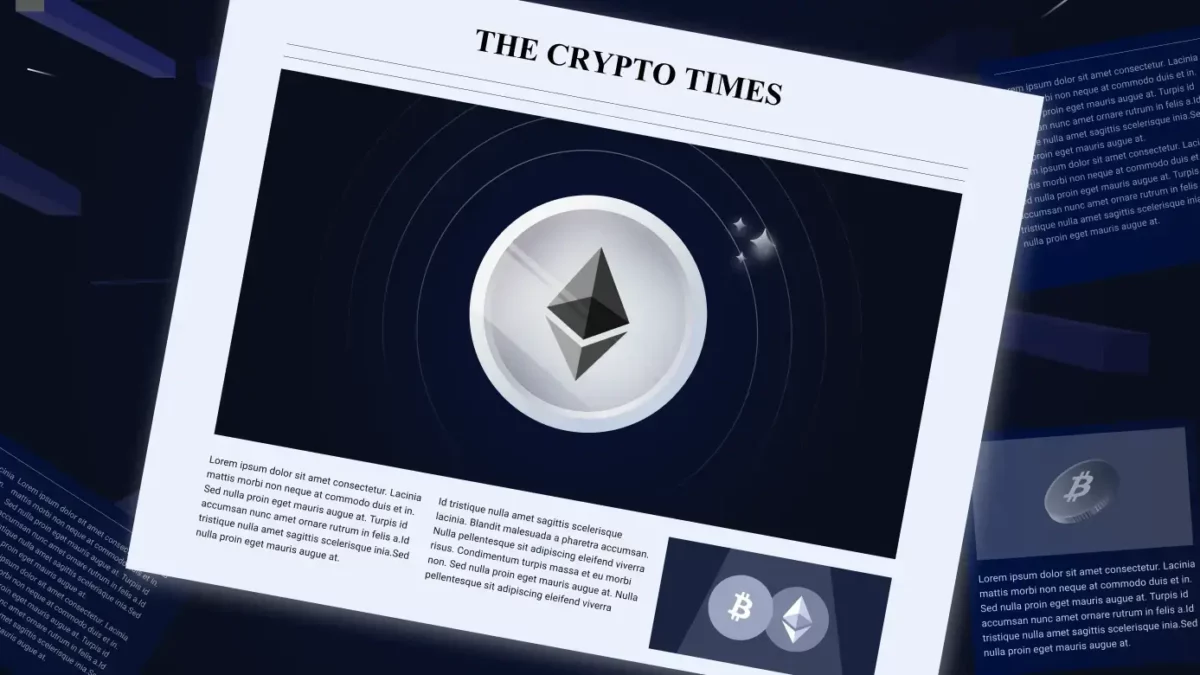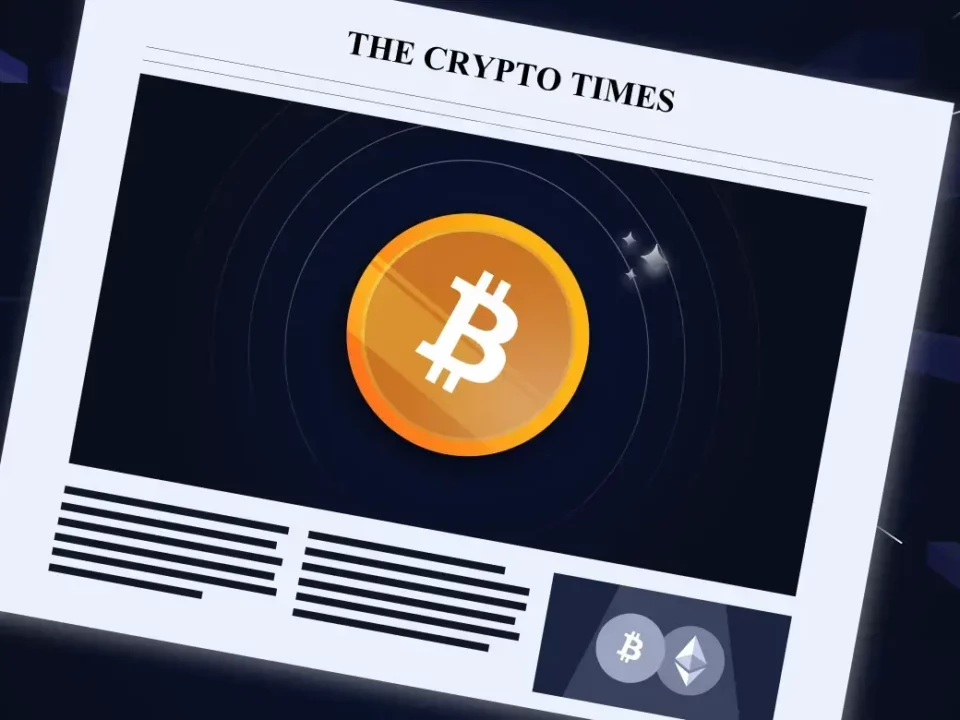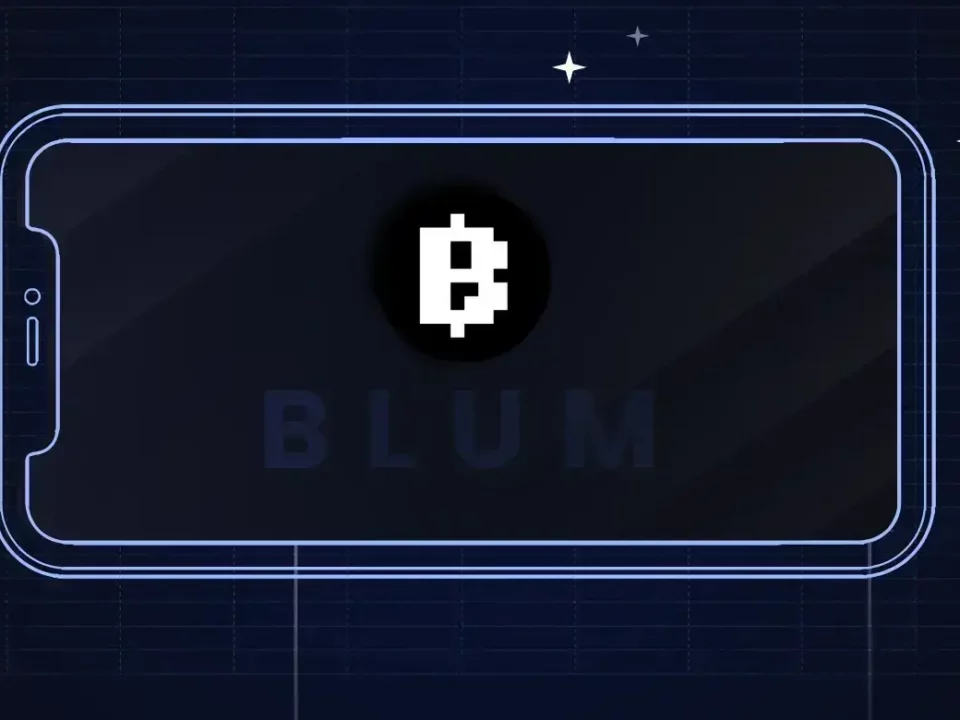Key Takeaways:
- Dencun Upgrade Commences Testing: The Ethereum Dencun upgrade, marked as “Cancun-Deneb,” is set for testing on January 17, initially deploying on the Goerli testnet and later on Sepolia and Holesky in the following weeks.
- Fee Reduction and New Features: This upgrade introduces tools to lower transaction fees, enhance bridges and staking pools, and restrict self-destruct operations in smart contracts.
- Proto-danksharding for Reduced Fees: Ethereum Improvement Proposal (EIP) 4844 introduces “proto-danksharding,” enabling layer-2 networks to temporarily store transaction data, potentially leading to significant fee reductions.
- Additional Proposals in the Upgrade: Dencun encompasses proposals like EIP-1153 for a “transient storage” system and EIP-4788, enhancing transparency by storing Beacon Chain block roots.
- Limiting Self-Destruct Operations: EIP-6780 aims to restrict the self-destruct keyword, altering its functionality to ensure code erasure only within the same deployment transaction while still transferring funds to the deployer in subsequent transactions.
The upcoming Ethereum upgrade, dubbed “Cancun-Deneb” or “Dencun,” is set to commence its testing phase starting January 17, as outlined in a notice on the official Ethereum GitHub repository. Initially, the upgrade will be rolled out on the Goerli testnet, followed by deployments on the Sepolia and Holesky testnets in the subsequent weeks. However, the Ethereum team has not disclosed the exact date for the upgrade’s implementation on the mainnet.
This anticipated upgrade encompasses various tools aimed at reducing fees, introducing novel functionalities to bridges and staking pools, and imposing limitations on using self-destruct operations within smart contracts.
Among the key components of Dencun is Ethereum Improvement Proposal (EIP) 4844, also known as “proto-danksharding.” This proposal facilitates layer-2 rollup networks like Arbitrum, Base, Polygon zkEVM, and others to temporarily store specific transaction data using a newly introduced format termed “blobs.” Unlike the current practice of permanently storing data in the blockchain’s “CALLDATA” field, blobs can be deleted after 18 days. Ethereum developers anticipate that proto-danksharding will notably slash transaction fees on layer 2s.
Furthermore, the upgrade incorporates several other proposals, including EIP-1153, which introduces a “transient storage” system to curtail fees further, and EIP-4788, enhancing transparency by storing the root of each Beacon Chain block in a smart contract accessible to applications.
Read On: Ethereum Shanghai Upgrade
Dencun also introduces EIP-6780, a proposal limiting the utilization of the self-destruct keyword. Previously, this keyword could erase a smart contract’s code and transfer its funds to the deploying account. Post-Dencun, this keyword won’t erase the code unless called within the same transaction as deployment, yet it will still transfer all funds to the deployer, even in a subsequent transaction.
Typically, Ethereum upgrades undergo a few months of testing before deployment to the mainnet. The prior deployment, named “Shapella,” underwent testing starting on February 7 and was eventually launched on the mainnet on April 12.
Read More: Ethereum Price Prediction
Source: CoinTelegraph
Related posts
Bitcoin Price Hits New All-Time High Following Fed’s 25-Basis-Point Rate Cut
Fed’s interest rate cut spurs crypto momentum, boosting Bitcoin and Ethereum prices.
Read more
Blum Secures Major Investment from TOP to Strengthen DeFi Presence in TON Ecosystem
TOP’s backing aims to accelerate Blum’s multi-blockchain expansion.
Read more


